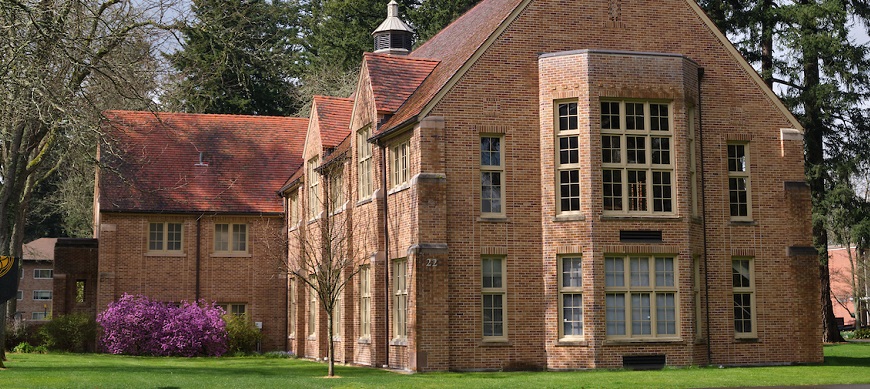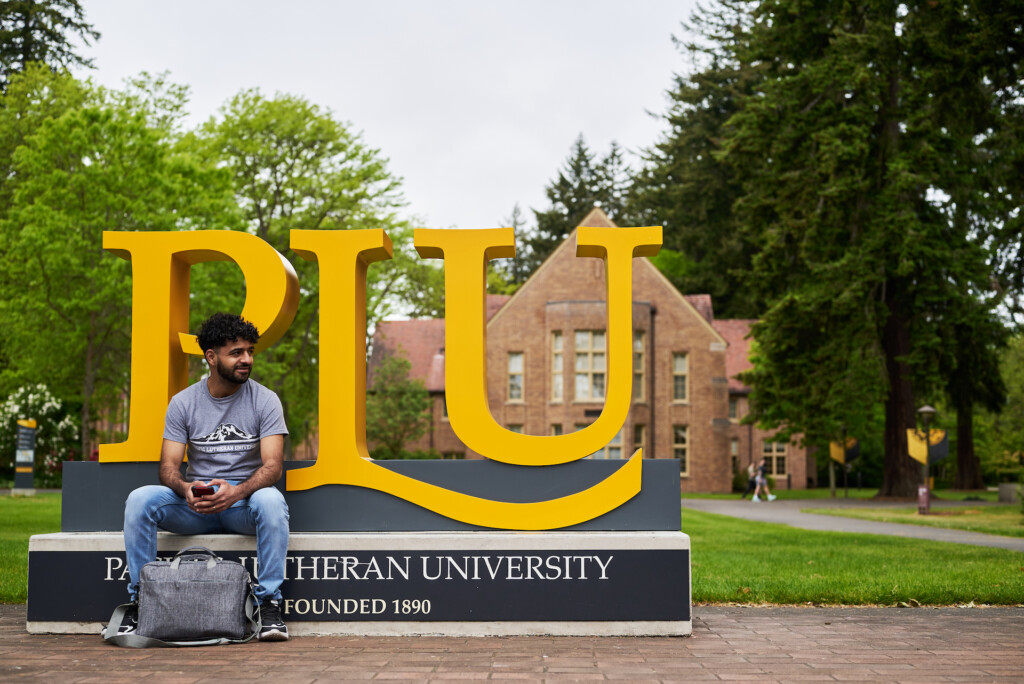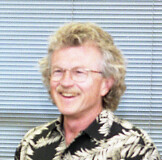Page 41 • (2,713 results in 0.033 seconds)
-
The Doctor of Nursing Practice (DNP) curriculum consists of the DNP core coursework (information systems and patient care technology, epidemiology, analytical methods, translating research into
& Patient Care Technology (2) GNUR 713 Physical Assessment (3) GNUR 714 Advanced Practice Clinical Decision Making (2) GNUR 740 Psychopharmacology (3) Summer 2025 8 credits GNUR 706 Biostats, Analytical Methods, & Epidemiology (3) GNUR 741 PMH1 Didactic (2) GNUR 751 PMH1 Seminar/Clinical (3) (120 hours) Fall 2025 10 credits GNUR 707 Quality Improvement & Research Methods (3) GNUR 742 PMH2 Didactic (2) GNUR 752 PMH2 Seminar/Clinical Hours (3) (120 hours) GNUR 717 Management of Substance Abuse and
-

By Michael Halvorson, ’85. Updated December 4, 2020 The Benson Program in Business and Economic History is pleased to announce the selection of the student-faculty research team for Summer 2020. The fellowship was awarded to the team of Ben Merrill and Prof. Ralph Flick from…
. Ralph Flick from PLU’s School of Business. Their research project investigated the use of artificial intelligence in human resource management, with an emphasis on new business practices within the Pacific Northwest region. A summary of their findings can be found in this research abstract. Ben Merrill (left) and Prof. Ralph Flick are the Summer 2020 Benson Research Fellows Dr. Michael Halvorson announced the fellowship and spoke on behalf of the Innovation Studies steering committee, which
-

TACOMA, Wash. — Earlier this week, officials from the University of Puget Sound and Pacific Lutheran University announced the signing of a Memorandum of Understanding that will streamline the process for both universities’ current students and alumni applying to select graduate programs at the partner…
to a wide range of careers in social service and mental health agencies, as well as on preparing graduates to become certified as school counselors. The public health program prepares graduates to respond to contemporary challenges in public health at the local, regional, national, and global levels. PLU’s AACSB-accredited MBA program focuses on strategy and innovation, and offers optional concentrations in healthcare management, technology and innovation management, entrepreneurship and closely
-
Did you know PLU has SIX different master's (and two doctorate) programs, open to ALL PLU students, no matter what you majored in? We invite you to participate in our PLU Graduate Programs Week to
the MBA class, “Organizations, Leadership & Change Management,” taught by Professor Justin Natali. Space is limited, so RSVP soon! REGISTER FOR CLASS VISIT FYI GRADUATE ADMISSIONSee all of the graduate programs PLU has to offerFIND YOUR PROGRAM$5,000 ALUMNI SCHOLARSHIPAll PLU alum, every grad programOne-time scholarship received in first term REQUEST INFOReady to join the mailing list of the program that interests you?GET STARTED
-

Six business students participated in the 2013 International Collegiate Business Strategy Competition this spring. From left to right: Zach Grah, Jordan Dahms, Cameron Holcomb, Arne-Morten Willumsen, Iren Atemad and Karrie Spencer. Photo by John Froschauer. The Real World (with a Safety Net) By Steve Hansen…
April 1, 2013 Six business students participated in the 2013 International Collegiate Business Strategy Competition this spring. From left to right: Zach Grah, Jordan Dahms, Cameron Holcomb, Arne-Morten Willumsen, Iren Atemad and Karrie Spencer. Photo by John Froschauer. The Real World (with a Safety Net) By Steve Hansen and Chris Albert Assistant Professor of Management Kory Brown has a plaque on his office wall commemorating his participation nearly 20 years ago in a business simulation
-

Professor Emeritus | School of Business
Eli Berniker, Ph.D. Professor Emeritus Professional Additional Titles/Roles Management Term of Service: 1982-2010
-

Professor Emeritus | School of Business
Thom Sepic, Ph.D. Professor Emeritus Professional Additional Titles/Roles Management Term of Service: 1979-2009
-
Professor Emeritus | School of Business
William Yager, Ph.D. Professor Emeritus Professional Additional Titles/Roles Management Term of Service: 1987-2007
-

Professor Emeritus | Master of Business Administration
Eli Berniker, Ph.D. Professor Emeritus Professional Additional Titles/Roles Management Term of Service: 1982-2010
-

Professor Emeritus | Master of Business Administration
Thom Sepic, Ph.D. Professor Emeritus Professional Additional Titles/Roles Management Term of Service: 1979-2009
Do you have any feedback for us? If so, feel free to use our Feedback Form.


